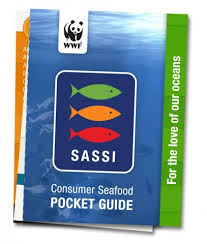SAA & The Environment
South African Airways Group aspires to conduct business in the most sustainable way possible. We aim to actively contribute to the South African National Climate Change Response goals and global industry commitments to become the most environmentally sustainable airline in the world.
-
South African Airways Group Environmental Policy Statement
The South African Airways Group is committed to being a leader in sustainable environmental practises in the aviation field. We are minimising the impact of its activities on the environment by continually:
- striving for the most efficient operations
- working towards reducing our carbon footprint
- minimising waste
- improving recycling initiatives at facilities and on our aircraft
- integrating environmental concerns with all our planning and decision making processes by implementing effective environmental management systems
- operating the most energy and water efficient practices
- encouraging improvement in the performance of our suppliers through the development of environmental criteria within the framework of our procurement policy
- increasing environmental awareness among employees by proactively communicating and promoting issues and identifying best practices that impact on our company
Working towards industry goals of:
- a cap on aviation CO2 emissions from 2020 (carbon neutral growth);
- an average improvement in fuel efficiency of 1.5% per year from 2009 to 2020
- a reduction in CO2 emissions of 50% by 2050, relative to 2005 level
SAA passengers can rest assured that they are flying on an airline that has environmental sustainability as a top priority. SAA has instituted a number of programs designed to reduce CO? emissions and make the airline as efficient and sustainable as possible.
-
IATA Voluntary Carbon Offset Programme
You can offset the emissions from your flight when making a booking through flysaa.com by selecting to support various projects that lead to reduced carbon emissions around the world. SAA is currently supporting the Gyapa stoves project in Ghana. The cookstoves stove’s efficient design delivers more heat to the cooking pot than conventional stoves, generating significant fuel savings - in total, Gyapa stoves have saved users over $84 million in fuel costs. Cutting fuel consumption also means fewer carbon emissions, helping to tackle climate change.
-
IATA Environmental Assessment (IEnvA)
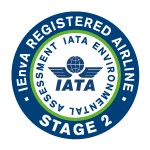
SAA, in collaboration with IATA, has taken a lead role in developing a comprehensive Environmental Management System. This programme addresses a comprehensive spectrum of measures required from airlines in order to be environmentally sustainable. SAA is one of only two IEnvA Stage Two certified airlines in the world.
-
Sustainable Alternative Fuels
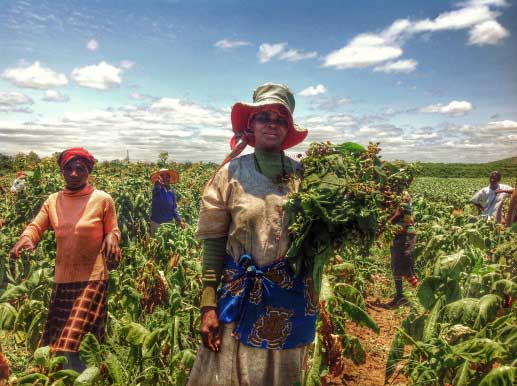
SAA, in partnership with Boeing, SkyNRG and Sunchem have developed a biofuel program utilising the Solaris strain of tobacco to produce sustainable fuels. In 2015 the production programme, a partnership between SAA and Roundtable for Sustainable Biomaterials, achieved a world first with the crop certified as sustainable. This ensures that the crop does not displace food crops, empowers local communities and small hold farmers and does not have a negative impact on the environment while providing cleaner fuels.
-
Recycling

SAA ground operations have embraced recycling and our flight operations are working to achieve a similar level of eco-friendly operations. We have begun recycling onboard waste on domestic routes where waste presents no legal hazardous properties. International flights are subject to various and differing regulations. In most cases, international waste is simply destroyed. SAA is working, as part of IATA-led initiative, to lobby Governments and health authorities to allow the limited recycling of onboard items.
-
Energy Efficiency
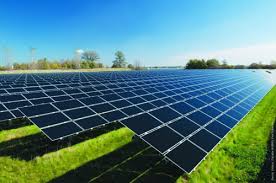
SAA has embarked upon a process to reduce our use of energy and to implement energy efficiency measures across the organisation. In addition to saving energy, SAA has plans underway to generate our own clean energy with a self-imposed target of 100 % clean, renewable energy powering our head office operations.
-
Procurement
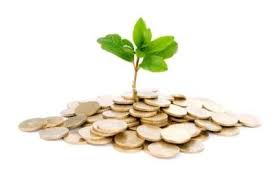
SAA has introduced environmental sustainability criteria into the procurement process to ensure that suppliers and partners are aware of, and are addressing environmental concerns. This ensures that SAA’s products are sustainable and contributes to the goal of becoming the greenest airline group.
-
Water Use

SAA recognises that South Africa’s biggest environmental challenge is the sustainable use of its water resources. As a water scarce country, South Africans face the prospect of a finite resource being stretched to best benefit a growing population. Urgent interventions are required and SAA is in the process of investigating our own water use to find methods to reduce our use. With the support of organisations like WWF-SA we are adopting water conservation programmes through our entire operational structure.
-
WWF-SA
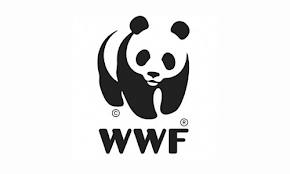
SAA supports the WWF-SA through the SAA Voyager program by allowing and encouraging Voyager members to donate miles. SAA participates in WWF-SA programs such as the South African Sustainable Seafood Initiative (SASSI) and the Biodiversity in Wine Initiative that supports conservation efforts on SA’s top environmentally sustainable wine farms.
